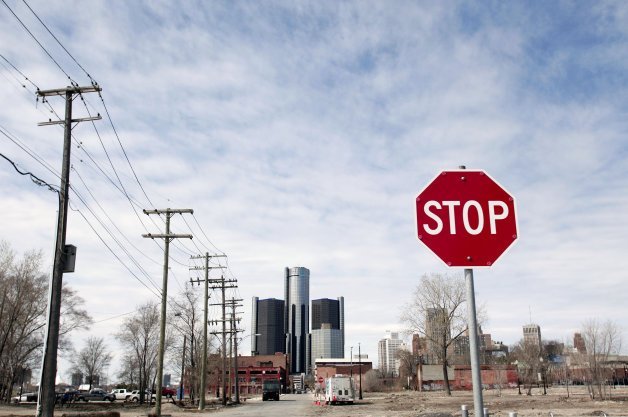New General Motors Recall Covers 800,000 More Vehicles

The automaker is recalling more than 822,000 cars worldwide for a variety of issues, including problems with seats, air bags and turn signals, parts that may not have been welded together properly, and a loss of power steering. For much of this year, G.M. has been engulfed by a safety crisis set off by defective ignition switches in millions of older small cars that the automaker has linked to at least 13 deaths.
Some of the cars in the latest recall have already been recalled multiple times for other problems. The 2014 Chevrolet Impala, for instance, was identified in February as having a defective transmission shift cable adjuster, which could cause the car to roll away after the vehicle was parked. In June, it was recalled again because some vehicles might have a “superhold” joint fastener that was not torqued to specification. G.M. recalled more than 65,000 Impalas on Wednesday for a loss of power steering, and it tied the defect to one crash but no injuries.
The company also recalled more than 475,000 cars — including models of the Chevrolet Camaro and Equinox; GMC Terrain; Buick Regal and LaCrosse; and the Cadillac SRX — because of a defect that allows the front and passenger seats to move up and down freely because of a loose bolt. G.M. said it was aware of one crash and three injuries related to this condition. It added that the car was safe to drive, but that customers should not use the power height adjuster until the car had been fixed.
G.M. said that it had double-counted some recalled cars in the past, which is why its total recalled cars remained at about 29 million worldwide after the six new recalls.
More than half of the company’s recalled cars this year have had problems related to their ignitions, similar to the defect that led to the recall of 2.6 million Chevrolet Cobalts, Saturn Ions and other small cars that the company did not disclose to regulators and the public for more than a decade.
Jeff Boyer, who was appointed vice president for global vehicle safety after the Cobalt scandal, said that Wednesday’s recalls signified how the company had enhanced its approach to safety.
“We are bringing greater rigor and discipline to our analysis and decision making,” Mr. Boyer said. “If we identify an issue — large or small — that might affect the safety of our customers, we will act decisively.”
But as the recalls begin to affect newer models, and not just older cars, there could be cost to the company, beyond the charges it has incurred in making the fixes.
“These recalls will have a significant impact to General Motors’ bottom line,” said Eric Ibara, director of residual values for Kelley Blue Book, “and ultimately the market will judge.”
Nouvelles connexes


